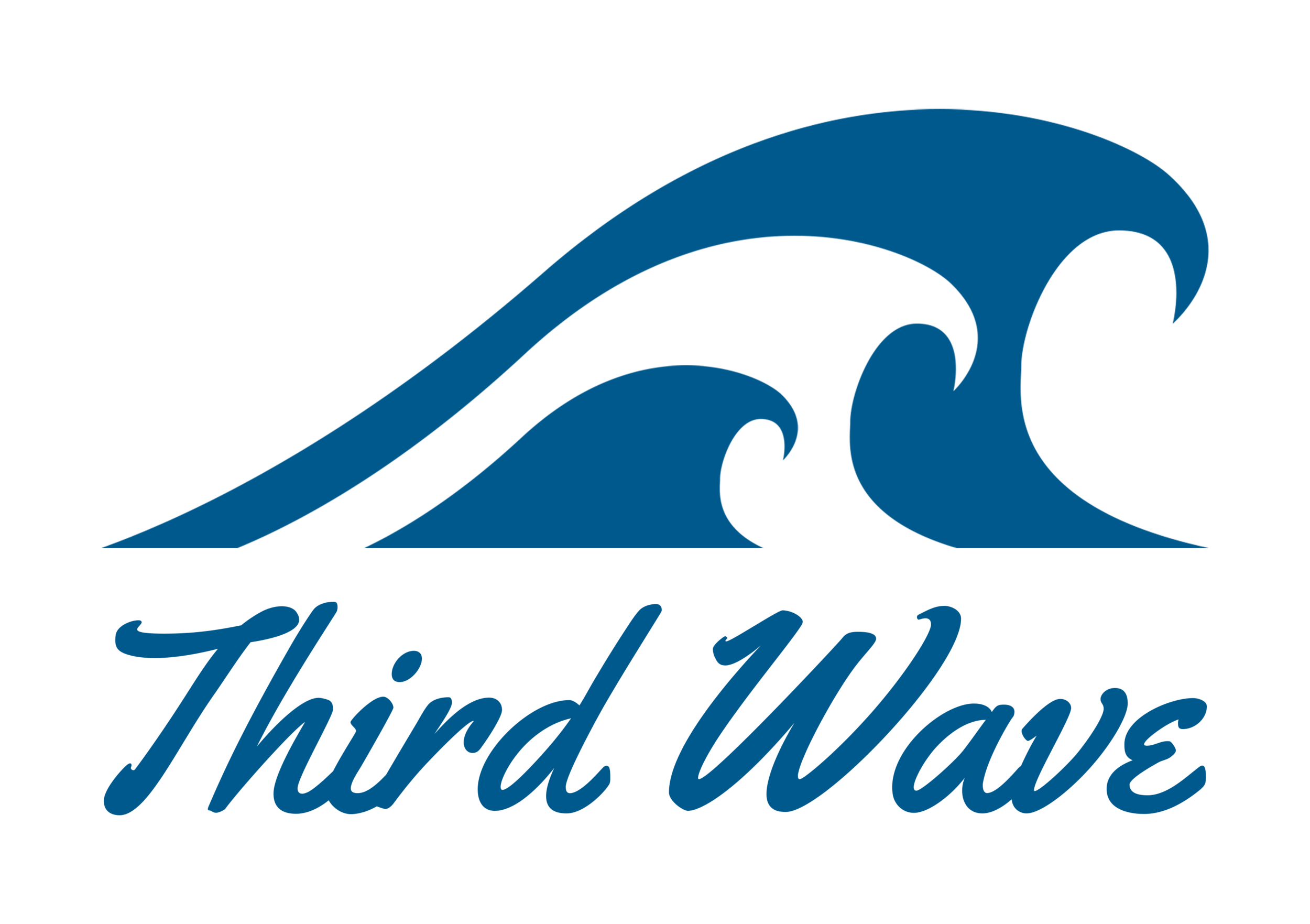- Stock
- Colombia - Villamaria (Decaf)
Colombia - Villamaria (Decaf)







Colombia - Villamaria (Decaf)
Tasting notes: Mandarin, Black Grape, Shortbread
Region: Caldas
Altitude: 1,800m
Process: Natural, Sugarcane Decaf
Varietals: Mixed
Tasting notes: Mandarin, Black Grape, Shortbread
Region: Caldas
Altitude: 1,800m
Process: Natural, Sugarcane Decaf
Varietals: Mixed
Decaffeination
Dried for 15 days, in a temperature-controlled greenhouse finished in a mechanical dryer. Sugar cane decaffeination is often termed as a natural decaf. Ethyl Acetate is an organically existing compound (C4H8O2) and by-product found most commonly in the fermentation of fruits and is present in both ripe bananas and beer for example. The plant we work with in Colombia, a short drive from Villamaria, uses water from the Navado el Ruis (a volcano between Caldas and Tolima) and natural ethyl acetate from fermented sugarcane sourced in the southern region of Palmira, Colombia.
This process begins with steaming of the coffee, increasing its porosity, beginning the hydrolysis of caffeine, which is usually bonded to salts and chlorogenic acid in the bean. The beans are then submerged in an ethyl acetate solvent until 97% of the caffeine is removed. Finally, steam is then used to lift residual traces of the compound. The ultimate residue which remains is ≥ 30 ppm, which is a level dramatically less than that of a banana!
Farm Information
Villamaría's processing station, Jamaica, was chosen due to its perfect climate and altitude for the drying of naturally processed coffee. Alongside this, the large space available meant that producing high-quality naturals at scale was a possibility not available before.
As the project gained speed, roasters worldwide began to buy long-term from Villamaría, and neighbouring communities were able to see the merits of selling cherry to La Aurora, the delivery and buying point for Jamaica, instead of parchment to a nearby trilladora. The sale of whole cherry to a processing station is a method uncommon in Colombia but seen in many other coffee-producing countries.
We can see that the communities including Villarazo, La Batea and Corozal have been positively affected by the existence of Jamaica. Today, we see a continued increase of producers delivering their cherry to La Aurora, which is also a contributing farm managed by Rubiel Orrego. Like many coffee producers in Colombia, producers of Villamaría had historically been promised higher prices and the purchase of a farmer's entire crop by large institutions in the past. Having never delivered on this promise, understandably faith in new ventures had greatly diminished amongst producers.
Thankfully, Jamaica is a processing station that neighbours the communities who sell to Villamaría, and our consistent return every harvest has helped those hesitant to see that we are committed long-term. The producers that create the lots you enjoy from Villamaría, now grow in number as word spreads of a system that ensures better prices, for reduced labour (selling cherry not processed parchment), and a need for a growing volume of their harvest as roasters continue to support harvest on harvest.
Villamaría is a Colombian municipality located in the department of Caldas. The region is fed by numerous sources of water and natural resources. Villamaría is located a few kilometres from the city of Manizales, whose urban areas are surrounded by the Chinchiná River. Our drying station "Jamaica" is located in Chinchiná, Caldas. The station currently represents the harvests of 30 to 50 coffee producing families in the surrounding area of Villarazo, sitting at altitudes higher than the drying station itself. As Jamaica sits at a lower altitude of 1300 MASL, it is better suited to the processing of honey and natural coffees due to the hotter temperatures found here.
This station is focussed on the production of washed, honey, and natural lots. With the aid of Nuna dehydrator and mechanical drying systems, controlling humidity and temperature throughout the drying process aids the processing of honey and natural lots. The station processes coffee from 30 to 50 producers 500 metres further up the mountainside.
